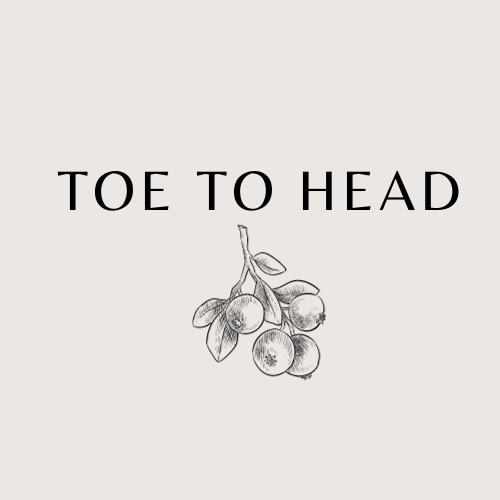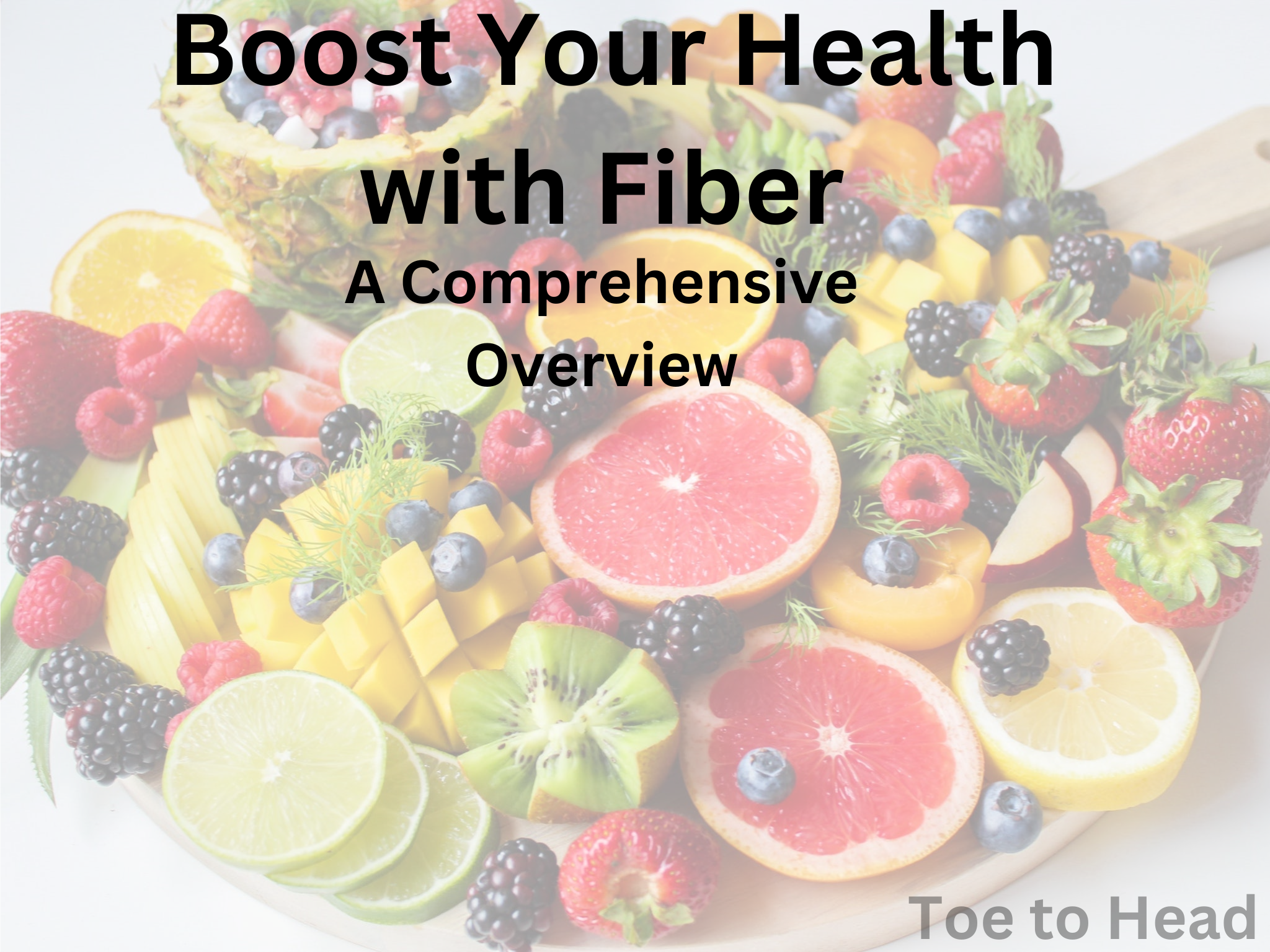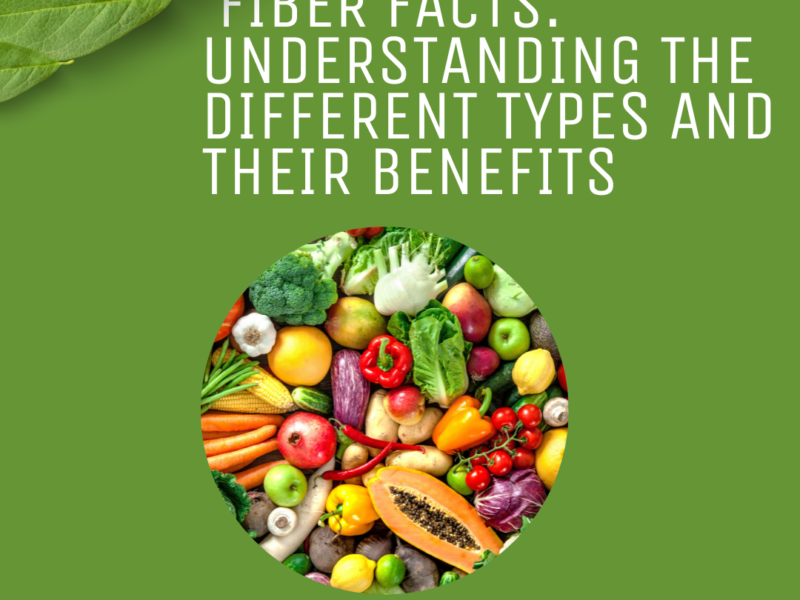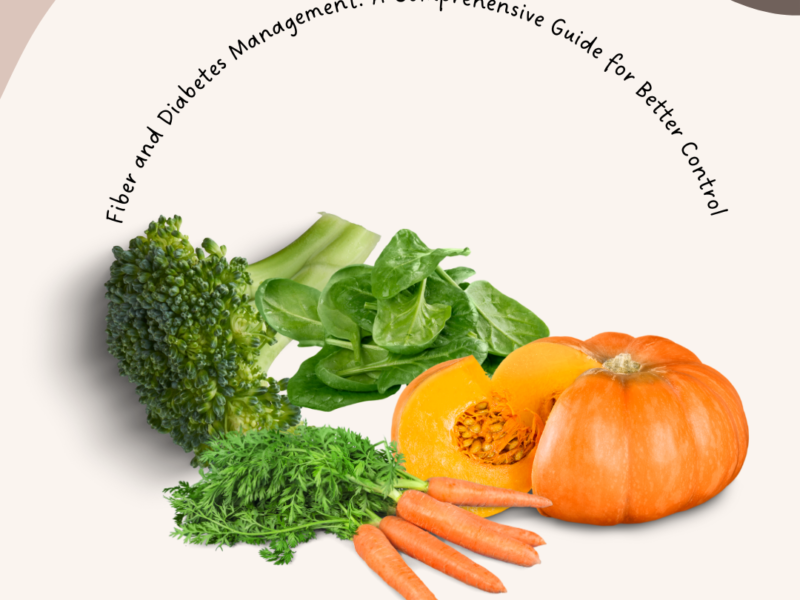Introduction:
Dietary fiber is an important part of living a healthier life that is often forgotten. This seemingly harmless substance is very important for health in general. This article will go over all the different types of fiber, including their benefits, where they come from, and how you can use them in your daily life.
Understanding the Basics of Fiber
What is Fiber?
Fiber, which is also called roughage, is a protein that comes from plant foods. Fiber doesn’t get broken down by the body like other starches do. It goes through the digestive system mostly whole. It comes in two main types: soluble and solid. Each type is good for you in its own way.
The Health Benefits of Fiber
Digestive Health:
Soluble fiber helps with normal digestion by giving feces more volume.
Constipation is avoided by regular bowel movements, which are encouraged by insoluble fiber.
Weight Management:
Foods high in fiber make you feel fuller for longer, which lowers your intake of calories overall.
Diets high in fiber are linked to decreased body weight and body mass index (BMI).
Heart Health:
Because soluble fiber binds to cholesterol molecules, it lowers cholesterol levels.
A diet high in fiber lowers blood pressure and lowers the risk of heart disease.
Fiber-Rich Foods to Include in Your Diet
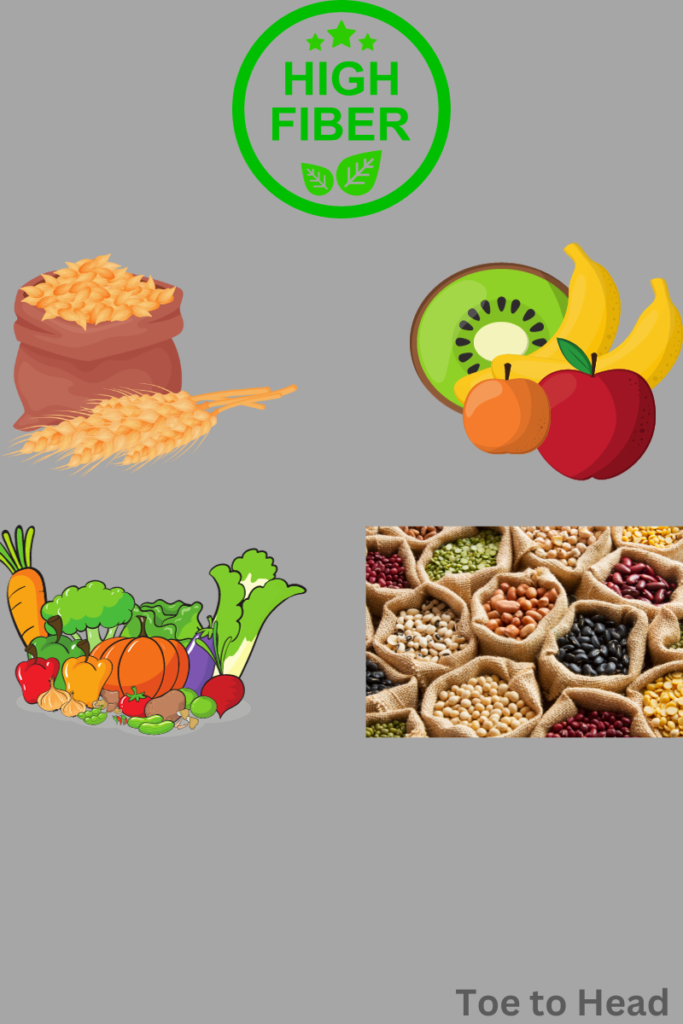
Whole Grains:
- Quinoa
- Brown rice
- Oats
Fruits:
- Apples
- Berries
- Pears
Vegetables:
- Broccoli
- Carrots
- Spinach
Legumes:
- Lentils
- Chickpeas
- Black beans
Practical Tips for Increasing Your Fiber Intake
Gradual Incorporation:
- Start by adding one high-fiber food to each meal.
- Slowly increase fiber intake to allow your digestive system to adjust.
Hydration:
Drink plenty of water to help fiber move through your digestive tract smoothly.
Read Labels:
Choose whole, minimally processed foods to maximize fiber content.
Fiber and Your Daily Routine
Breakfast Ideas:
- Overnight oats with berries and chia seeds
- Whole grain toast with avocado
Snack Options:
- Fresh fruit with a handful of nuts
- Vegetable sticks with hummus
Mealtime Inspiration:
- Quinoa salad with a variety of colorful vegetables
- Stir-fried tofu with broccoli and brown rice

What is the main health benefit with fiber?
Fiber’s most important health benefit is that it helps keep your gut system healthy. Fiber makes stools bulkier, which makes them easier to pass and keeps you from getting constipated. Research has also shown that fiber is good for your heart because it lowers cholesterol and lowers your chance of heart disease.
How does fiber improve health?
Fiber is good for your body in many ways. To begin, it helps keep your digestive system healthy by making stools bulkier and regular. Soluble fiber, which is found in beans and oats, can help drop cholesterol by attaching to cholesterol molecules in the gut. In addition, fiber makes you feel full, which helps you control your weight by lowering the number of calories you eat.
Is it good to eat fiber every day?
Yes, adding fiber to your daily food is very good for you. Fiber is good for your health in general because it helps with digestion, weight loss, and heart health. Different groups of people have different daily fiber recommendations, but adults should try to get about 25 to 30 grams of fiber every day. Adding fiber-rich foods to your daily meals slowly will help you eat a healthy, well-balanced diet.
Is fiber good for weight loss?
Yes, fiber really helps you lose weight. Fiber-rich foods often have a lot of nutrients and make you feel full, which makes you less likely to eat too much. Diets high in fiber are also linked to lower body weight and body mass index (BMI). Getting fiber from a range of sources can help people who are trying to control their weight or lose it.
Is fiber good for constipation?
Yes, fiber is very good at both avoiding and relieving constipation. Insoluble fiber, which can be found in fruits, veggies, whole grains, and other foods, makes stools bulkier and helps you go to the bathroom regularly. That makes it easy for the stool to move through the digestive system. A natural and healthy way to get rid of constipation is to eat more fiber and drink enough water.
Conclusion:
Adding fiber to your daily life is an easy but effective way to improve your health. Fiber is good for you whether you want to improve your gut, lose weight, or keep your heart healthy. By learning about fiber and making smart food choices, you can improve your health and well-being as a whole. Starting today, you can start living a healthier, more energizing life thanks to the power of fiber.
